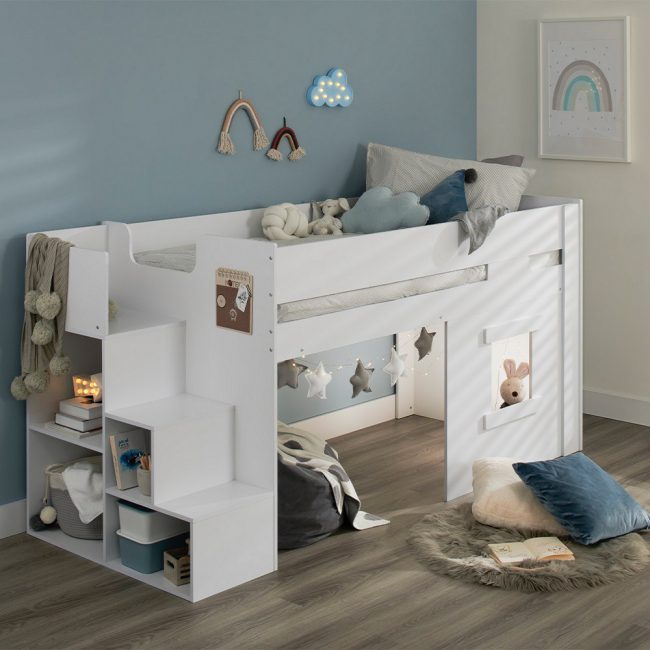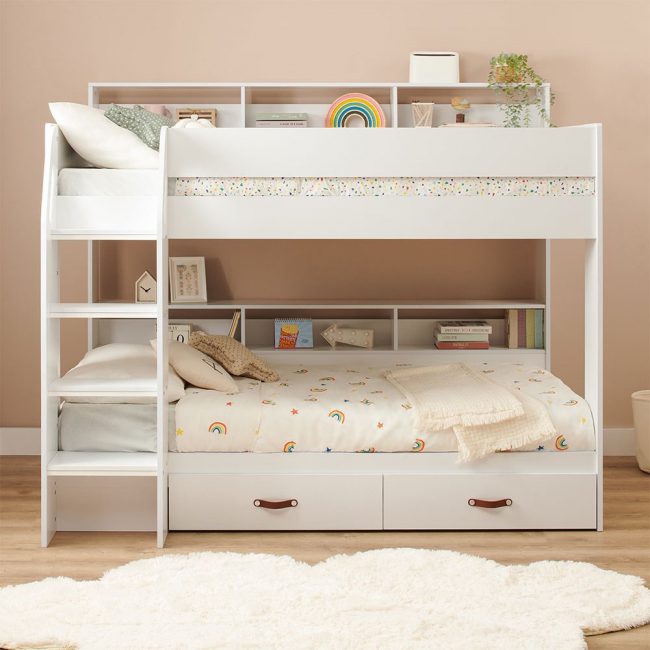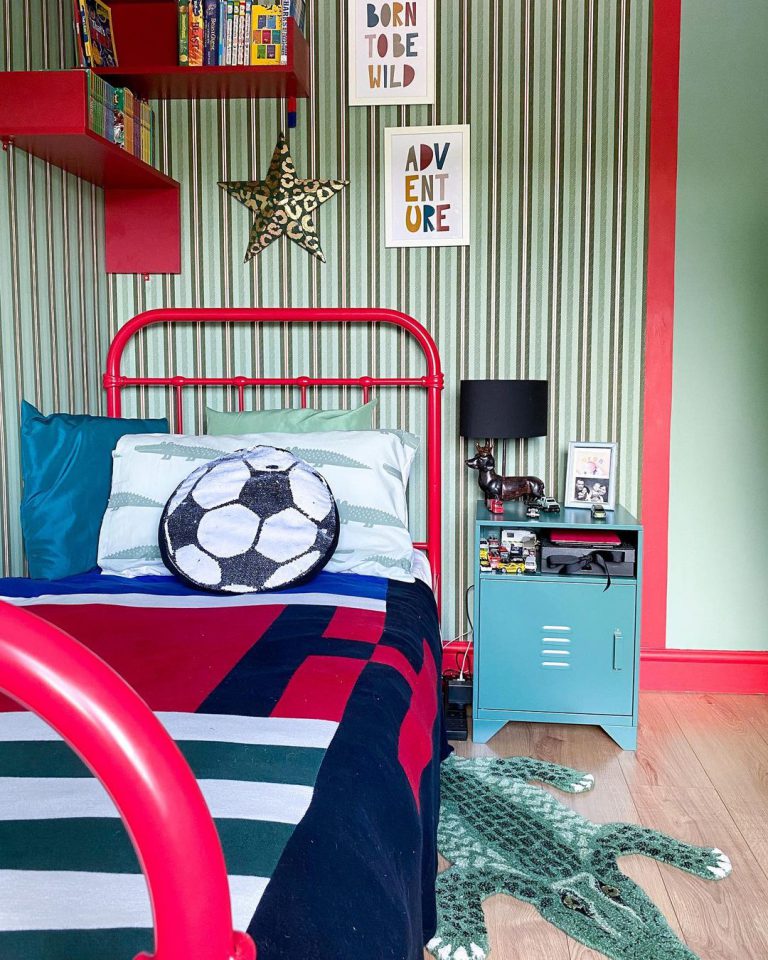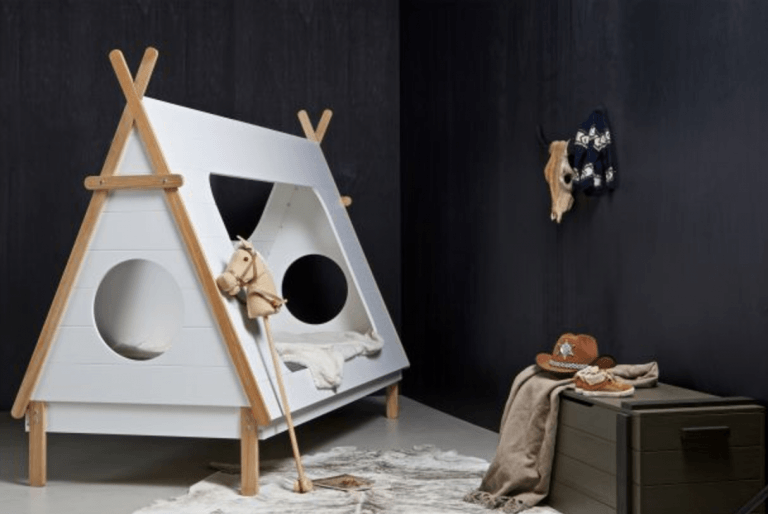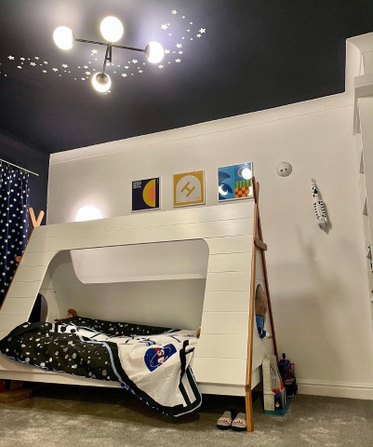Why Do Children Wet the Bed? A How to Help Guide
Bedwetting – also known as nocturnal enuresis – is completely normal, especially for young children. However, it can still cause distress and impact their self-esteem. ERIC, the children’s bowel and bladder charity, recommends that bedwetting be treated as a medical condition in children over 5 years old.
If your little one is struggling with wetting the bed, here are the most common causes so you can better understand the condition, as well as our top tips for how to help them stay dry and comfortable until morning – so everyone gets a better night’s sleep!
Causes of Bedwetting
Although all the causes of bedwetting are not fully understood, it is not caused by laziness or misbehaviour. There are several possible medical reasons for bedwetting, all of which are treatable and none of which are your child’s fault. The most common causes are:
- Your child’s bladder can’t hold all the urine they make at night, perhaps because their body is making too much, their bladder is too small, or the sphincter muscles holding the urine in aren’t strong enough yet.
- Your child doesn’t wake up when they need to go to the toilet in the night, as the signals between their brain and bladder haven’t fully matured yet. Or, they may feel the urge to go, but dream that they are already at the toilet (we’ve all been there!)
- Your child is feeling stressed or anxious. Contrary to popular opinion, psychological problems are not thought to be a cause of bedwetting in the majority of cases. In his book Getting to Dry, Max Maizels, M.D., a Professor of Paediatric Urology, says, ‘Children who bedwet are no more likely to show psychological disturbance than their nonwetting peers’.
However, it is possible that if your child is not sleeping due to stress, they might sleep more deeply than usual when they do sleep and not wake up when they need the toilet.
- There may be an underlying health condition. Sometimes, bedwetting can be a symptom of another health condition, such as a urinary tract infection (UTI), constipation or type 1 diabetes. Take your child to the GP if their bedwetting continues after the age of 5 or if they display any other symptoms.
How to Stop Bedwetting
In most cases, bedwetting is something children grow out of naturally as they mature, and their bladder grows and muscles strengthen. However, there are things you can do to help with bedwetting:
- Make sure your child drinks plenty of water throughout the day, but don’t give them drinks in the hour before bed.
- Avoid giving your child drinks containing caffeine, especially in the afternoon and evening, as caffeine is a diuretic and increases urine production.
- Encourage your child to go to the toilet immediately before bed. If they’re reluctant, use a reward system to motivate them.
- Make sure they can get to the toilet easily during the night. Leave a night light on to light the way to the bathroom and remove any obstacles in their path.
- Reassure them that it’s not their fault and you aren’t angry with them. Bedwetting can be stressful for adults too, but if your child senses your annoyance, it will only make them feel worse.
Products that can Help with Bedwetting
- Bedwetting Alarm
A bedwetting alarm has a sensor connected to a sound box and is used to alert the sleeper when they start to go to the toilet. Some sensors are worn on the body, while others are in a bed mat placed under the child.NICE recommend bedwetting alarms as the first form of treatment if a child frequently wets the bed and has not responded to changes in their toileting and fluid intake.
- Easily Accessible Bed
Ensure your child can get out of bed easily at night when they wake up needing the toilet. For example, if your child has a bunk bed, move them to the bottom bunk so they don’t have to tackle the ladder. Our Aviary Bunk Bed has handy shelves along the side, perfect for holding the sound box of a bedwetting alarm.
- Waterproof Mattress Protector
Using a waterproof mattress protector and/ or bedding will not only protect your child’s mattress from damage in the event of an accident, but also offer them peace of mind, and enable you to change their bedding and get them dry more quickly. - Bedwetting Pyjamas
Bedwetting pyjamas are waterproof pyjama bottoms that will contain your child’s urine in the fabric if they have an accident during the night and stop them from getting wet and uncomfortable. These can also be a great idea for bedwetting children on sleepovers. Check out our article on coping with bedwetting on sleepovers for more handy tips.
FAQs
1. When do Children Stop Wetting the Bed?
Every child is different and, as Max Maizels says, ‘There is no ‘normal’ age for children to be dry’. According to the charity Bladder & Bowel UK, bedwetting ‘affects approximately 20% of 5 year olds and 10% of 7 year olds’. It also affects up to 2% of teenagers.
2. Is Bedwetting Hereditary?
Bedwetting is genetic: the NHS advises that bedwetting often runs in families. If a child wets the bed, the condition may also have affected their parent, grandparent, aunt or uncle.
3. Can Bedwetting be a Sign of ADHD?
Sometimes, bedwetting is linked to autism or ADHD in children. According to Understood, a charity that supports people who learn and think differently, children with ADHD are approximately 3 times as likely to wet the bed than children without the condition.
It is not known for certain why this is, but it may be because they struggle to recognise bodily cues or due to a delay in the development of their central nervous system.
4. Should I take my Child to the Doctor about Bedwetting?
Most children grow out of bedwetting naturally as they mature. However, if your child is over 5 and still wets the bed, returns to bedwetting after several months of staying dry, has bladder problems during the day, or displays any other symptoms, you should take them to your GP for tests and treatment.
Ready to Tackle Bedwetting?
We know it can be a sensitive subject for adults and children, but there’s nothing to be ashamed of about bedwetting. That being said, by employing some of these top tips to help with bedwetting, you can give your little one the best possible chance of staying dry tonight.
If you have any questions about our kid’s furniture, contact our kid’s bed experts at customerservice@cuckooland.com.
